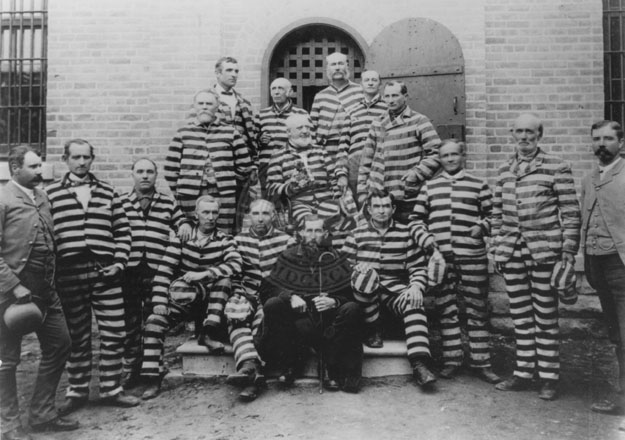People ask me every now and again if it’s ok if they mooch off their neighbor’s Wi-Fi. They usually tell me that they have permission to do it. They’re looking for some sort of blessing from me, so that when their significant other asks, they can blame me. Or at least that’s how I imagine it. So here’s the answer I give them:
Maybe. Sort of. Kind of. Maybe not.
No need to be all high and mighty yourself. You’ve done it. You know you’ve done it. Especially if you live in an apartment complex. You’ve used someone else’s Wi-Fi without asking. Maybe you’re doing it right now. You might be hooked into your neighbor’s Wi-Fi.
Before we go any further, it’s fair to point out that this isn’t a legal blog and no one writing here is a lawyer. Don’t take legal advice from the internet. That would be a big mistake. But go ahead, be entertained.
The wireless “spectrum” is a natural resource.
The US government’s point of view is that all radio communications are part of a natural resource known as the wireless spectrum. They belong to everyone, just like Yellowstone national park. The FCC controls who gets to use the spectrum just like a park ranger controls what goes on in a park. So, if everything you are using is FCC licensed (and it is, if you bought it in a store) then you have the right to use it. That should be it, right?
But there’s a little more than that.

There’s a difference between committing a crime and breaking a contract. The guys in this picture committed a crime. That’s how they got the matching outfits.
Crimes vs. contracts
Committing a crime means there’s a law somewhere saying “you can’t do that.” It’s actually not 100% clear whether you’re committing a crime if you use someone else’s wi-fi. Most likely you’re not, but it’s surprisingly difficult to know for sure. You’re almost certainly committing a crime if you steal someone else’s password or hack into their network.
Breaking a contract is a whole different thing. Your neighbor might have signed a contract with his internet service provider saying that only the people who live in his home, or are temporary visitors can use his internet. If your neighbor knows that you’re using his wi-fi, he might be breaking a contract. Breaking a contract has penalties, but they have to be spelled out in the contract and they never include going to jail.
In the case of a business that provides wi-fi service to its customers, you’re always in the clear. A business should have a contract with its service provider that lets them share service, and if they don’t, that’s not your concern.

If you’re using your neighbor’s Wi-Fi, it might be a good time to introduce them to password protection. If your neighbor puts a password on his router, there won’t be any unauthorized access. Who knows, by being a good neighbor yourself you might find out that his contract allows him to share, and he might share with you anyway. In the meantime, whether or not it’s strictly legal, it’s not really ethical to use something that someone else is paying for without telling him. Do yourself a favor and come clean. It may be legal — or it may not be — but it’s wrong.
Even better…
It might be time for that neighbor to upgrade their router to something more secure. Older forms of encryption like WPA2 are very easy to crack by today’s standards. It’s better to modernize your equipment before someone does manage to hack you. It could be more than just mooching off your Wi-Fi. The other devices in your home could be vulnerable.
That’s why you should shop for industrial-strength access points at Solid Signal. Basic solutions may not be enough to protect your data. Get what you need from the people who know what they’re doing. Want more advice? Call us! We’re here during East Coast business hours at 888-233-7563. If it’s after hours, fill out the form below. We’ll get right back to you!




